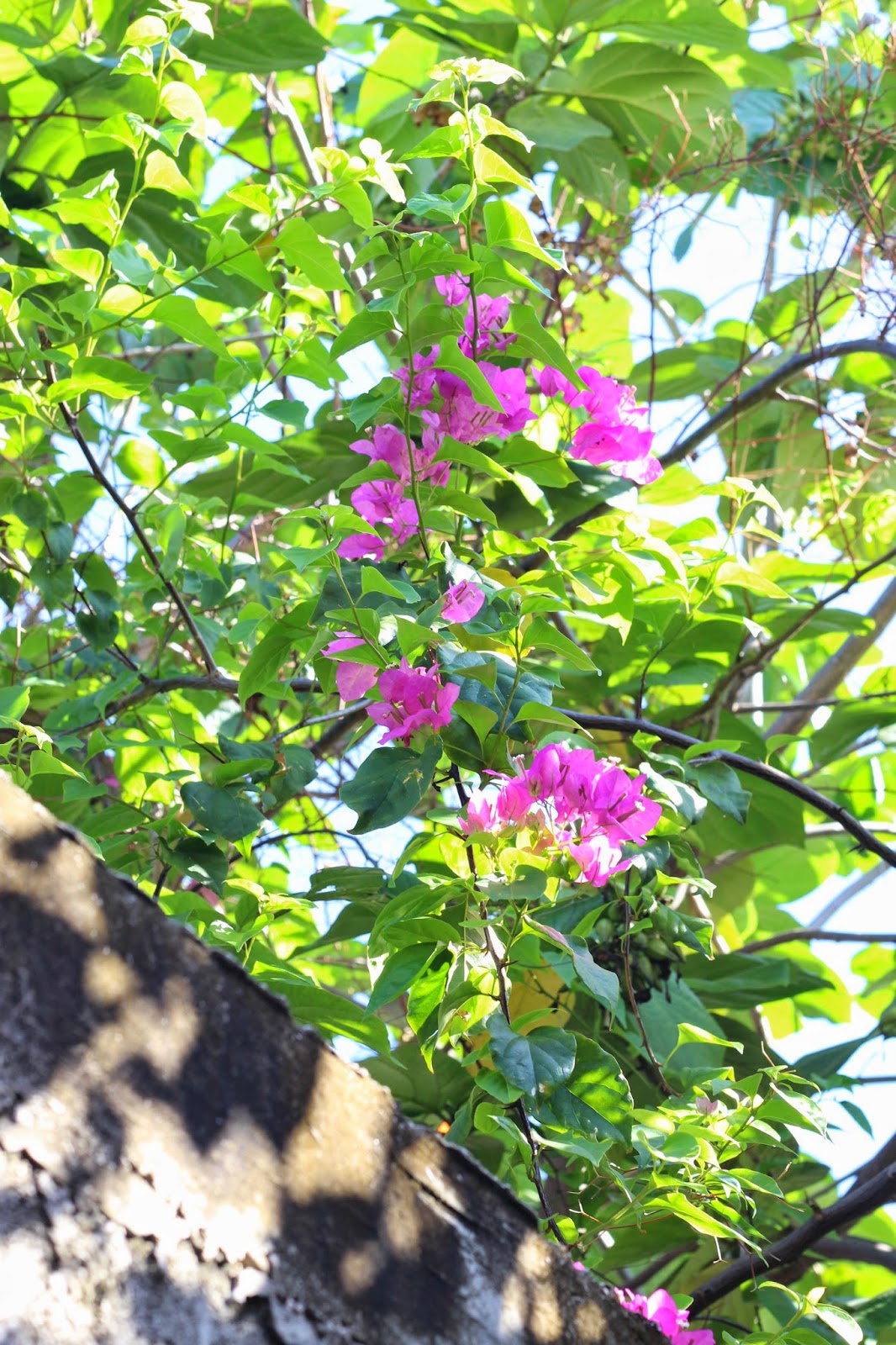"Wow, this is one of the hardest things I've ever done,"
and at the same time,
"This is one of the most fun, rewarding experiences I've ever had!"
Both of the times I have felt these things, concurrently, and most strongly, were during work trips to Washington DC.
And, I see that I haven't blogged about either of them! I believe this goes to show how these times were so impactful, and therefore difficult to put into words.
Last November, Ted and I worked with MCC and CWS staff in Haiti and Washington DC to pull off a 3-day advocacy event in DC, which included a full-day Housing Conference featuring panelists from 6 Haitian civil society and other organizations. Each person brought their own niche of expertise to the conference - two of them had never traveled outside of Haiti and the Dominican Republic - and a few were well-seasoned travelers, bringing decades of academic or political experience to bear on their presentations.
 |
| The majority of our delegation. |
The conference was a success. We had great participation, and good follow-up meetings with the State Department, a congressional representative's office, and the National Security Council, as well as with other NGOs. Working as a team, across physical, cultural, and even some ideological divides was invigorating and even a bit other-worldly at times. (Lack of sleep and running on lots of adrenaline added to this effect too I'm sure.)
The three-day event was also intended as an opportunity for civil society leaders in Haiti to sit down next to representatives of Haiti's governing housing unit, to exchange perspectives and ideas for solutions to Haiti's longstanding housing crisis. This was a unique, and charged, aspect of our advocacy work over these few days. It's very rare for government and civil society in Haiti to sit down together where the gap between the authorities and the general population is wide.
We felt there were significant breakthroughs as a result of these efforts. Maybe not breakthroughs for all of Haiti, but some personally and professionally for our delegation. And it was certainly an initiation (i.e. trial by fire) for us as newbies with MCC Haiti. The journalist on our delegation was able to mend a relationship with the government official who participated - a relationship that had turned soured over the last couple years without our journalist friend understanding the reason why. (It turns out he had quoted the official in an article when the official understood the conversation to be ''off the record.'')
The same government official surprised us by ''crashing'' our post-conference advocacy meetings with the State Department and National Security Council. (They were invited to the conference, but not these meetings, in which we planned to share about human rights abuses in Haiti, that often reveal the complicity of Haitian authorities!) It was awkward, to say the least.
Yet, a human rights attorney on our delegation shared afterwards that he ''never thought [he] could sit side-by-side in a meeting with someone who speaks a different language than [him].'' By this he meant the different philosophy and ideology those in power seem to have towards the poor majority in Haiti. Yet, through these awkward exchanges the attorney started to see how human rights defenders can - and must - look for and take advantage of opportunities to be in meaningful dialogue with those in power. It is better to engage than to disengage, when possible.
 |
| Four members of our delegation: the pensive professor in the back (right), an attorney, community organizer and pastor involved in community-based housing projects. (Photo credit: Milo Milfort) |
There was also a lot of laughter over our week together.
Ted and I traveled from Haiti with four members of our delegation. (As a caveat, a fifth, prominent member of our delegation never got on the plane, causing some additional panic on our end.) We offered what translation we could after four months in Haiti. Some of the more hilarious exchanges had to do with ordering fast food at restaurants for a big group, attempting to explain all the sandwich options at Subway and the fact that you can order chicken without bones at Bojangles. One member of our delegation exclaimed, ''Chicken without bones?!'' at the most appropriate and hilarious moment. Another team member - a first-time traveler - asked me twice, "I can really mix the drinks at the soda fountain?" Yes, I know. Our country is pretty ridiculous isn't it. One long day ended in a spontaneous dance party at Busboys and Poets after a less-than satisfying turnout for our film screening.
Throughout this whole trip, I felt that we were truly running in the spirit of ''degaje,'' which is the Haitian Kreyòl equivalent of ''to make do,'' but I feel like it expresses something more. There is a hint of our English language proverb in there, ''when life gives you lemons, you make lemonade.'' That night at Busboys and Poets was definitely a lemonade night.
In the coordination - of programming, and logistics - and the flurry of languages as well as the exhaustion of travel, long days, and switching between life in Haiti and the U.S. capital - I felt pressed in a way I haven't before, pressed to the point that I could hardly believe ''we are actually doing this!''
The entire trip was a delight, extremely challenging, rewarding, tiring - all at the same time. An experience we will truly never forget.
 |
| (Photo credit: Milo Milfort) |
And what about our second experience in D.C., you ask? This was just last week. Stay tuned...!










































